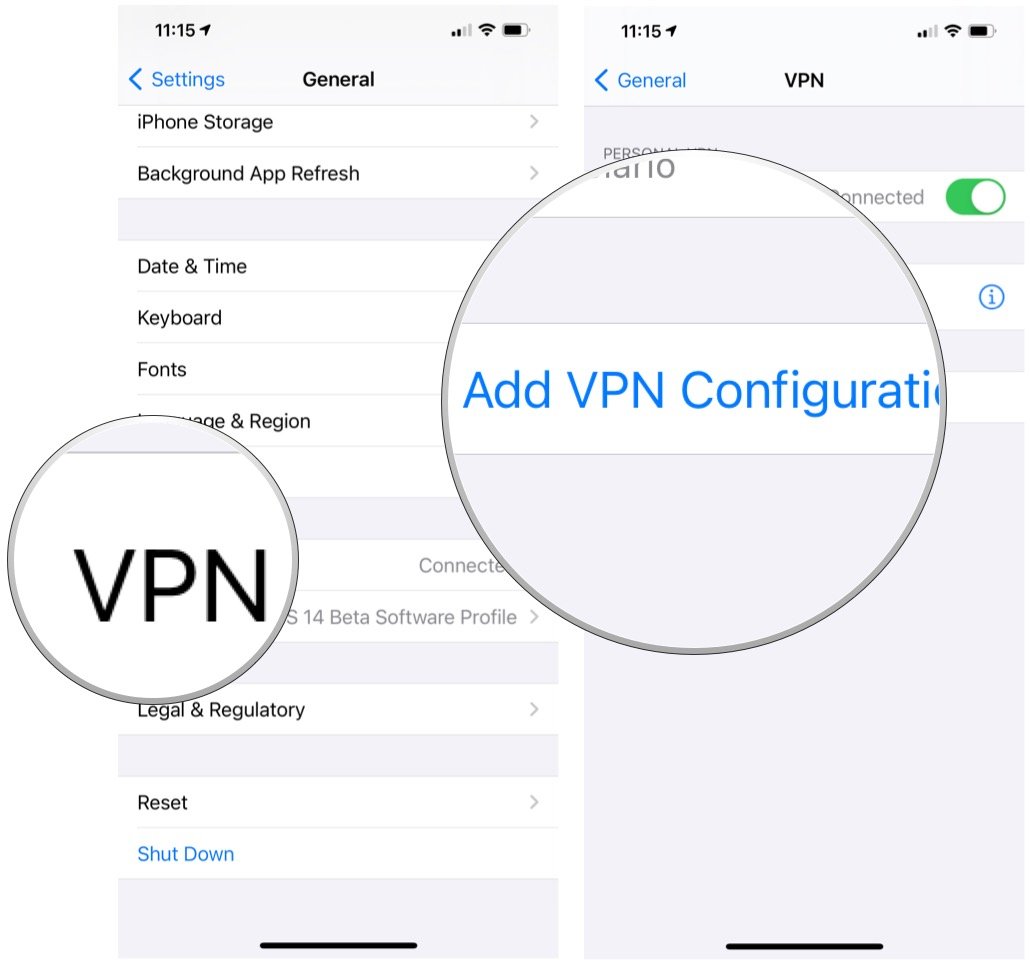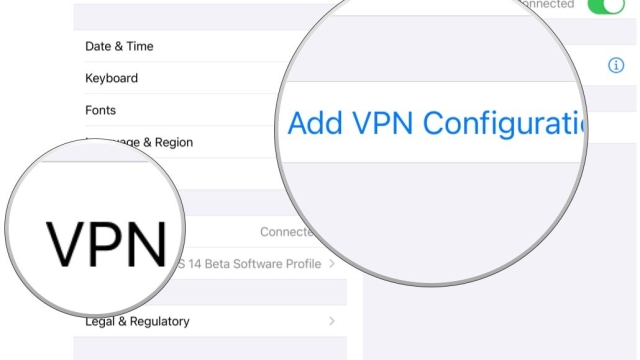
In today’s digital age, ensuring our online privacy and security has become more critical than ever before. With the increasing number of cyber threats and privacy breaches, individuals are seeking reliable solutions to protect their sensitive information. One of the most effective tools for safeguarding online privacy is a VPN, short for Virtual Private Network. By using a VPN, internet users can encrypt their data and keep their online activities hidden from prying eyes, providing a layer of anonymity and security in the vast virtual world.
How VPNs Work
When you connect to a VPN server, your device creates an encrypted tunnel through which your internet traffic travels. This encryption ensures that your data remains secure and private, protecting it from potential hackers or eavesdroppers.
Additionally, by masking your IP address with that of the VPN server, VPNs help to anonymize your online activity. This prevents websites, advertisers, and even your own internet service provider from tracking your browsing habits and location.
Furthermore, VPNs allow you to access geo-restricted content by virtually placing you in a different location. This means you can bypass censorship, stream region-locked content, and enjoy a more open internet experience while maintaining your privacy and security.
Benefits of Using a VPN
First off, using a VPN enhances your online security by encrypting your internet connection. This means that your browsing activity and personal data are shielded from potential hackers and cyber threats.
Secondly, a VPN allows you to access geo-restricted content and bypass censorship. By connecting to servers in different locations, you can unlock region-locked websites and streaming services, giving you more freedom to explore the web.
Lastly, using a VPN helps protect your privacy by masking your IP address. This prevents websites and online platforms from tracking your online behavior and collecting data about you without your consent.
Choosing the Right VPN Service
When selecting a VPN service, it’s crucial to consider your specific needs. Start by determining the primary reason for using a VPN, whether it’s for online security, accessing geo-restricted content, or simply maintaining anonymity.
Next, take a close look at the features offered by different VPN providers, such as encryption levels, server locations, and connection speeds. Ensure the VPN service aligns with your privacy requirements and offers protocols that guarantee a secure and seamless browsing experience.
Lastly, factor in pricing and customer support when making your decision. While cost is important, it’s equally essential to choose a VPN service with reliable customer service that can address any technical issues or inquiries promptly. Strike a balance between affordability and quality to find the right VPN service for you.



